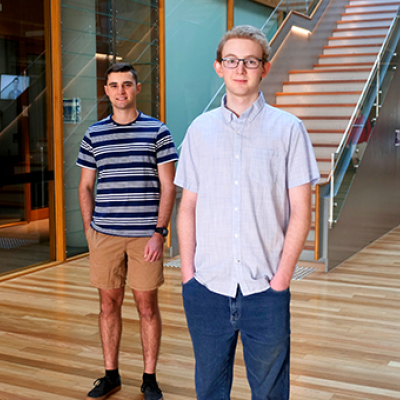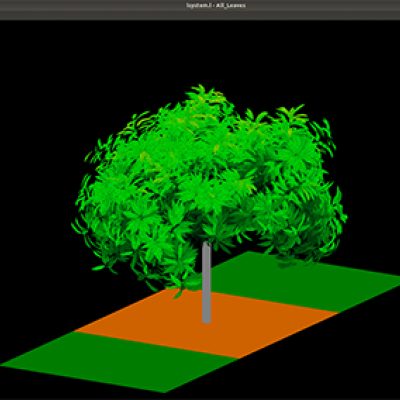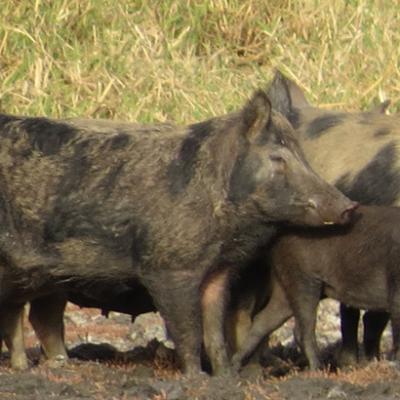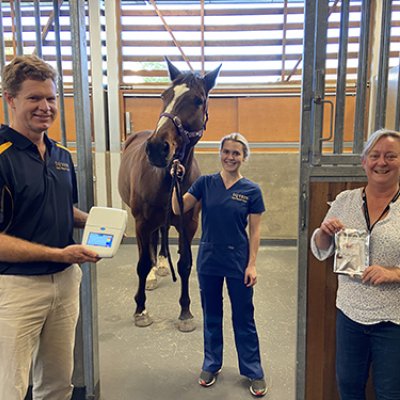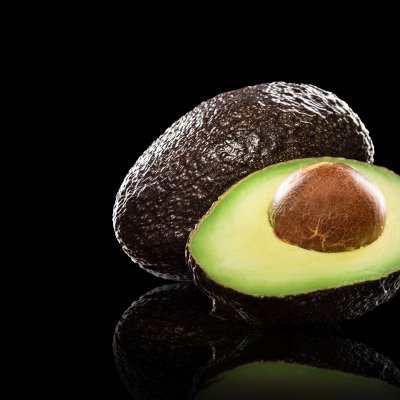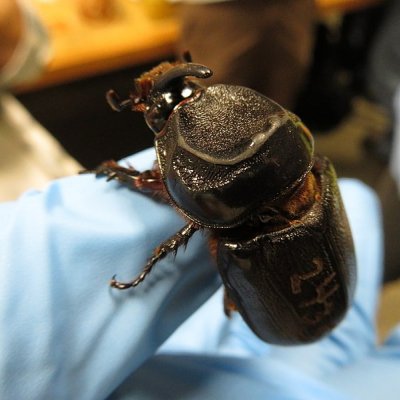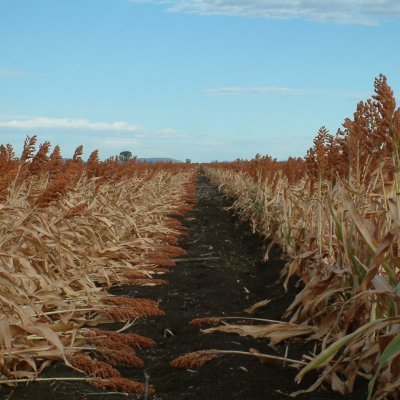An innovative herbicide delivery system could revolutionise the way agricultural and environmental managers battle invasive weeds.
2 December 2021Expect more delicious and premium Australian food in fridges across the globe, with the creation of The University of Queensland’s Agri-Food Innovation Alliance.
18 November 2021A massive international research effort has led to development of a genetic model for the ‘ultimate’ chickpea, with the potential to lift crop yields by up to 12 per cent.
11 November 2021The tropical root vegetable taro, known as the ‘food of the gods’ in the Pacific, is under threat from rising sea levels but wild Australian plants being cultivated by The University of Queensland may help boost food security in the region.
21 October 2021A University of Queensland researcher has spent decades compiling a first-of-its-kind database of the butterfly species of the Torres Strait Islands, boosting biosecurity and conservation measures in the region.
16 October 2021The hot and dry desert environment has led to big genetic differences between male and female jojoba plants, a discovery which could boost jojoba production and shed light on how plants adapt to environmental stress.
15 October 2021For many people, nothing beats the taste and texture of a big juicy burger, but how do you recreate that eating experience with sustainable plant-based protein?
12 October 2021Researchers at The University of Queensland are optimistic the value and versatility of one of the world’s top crops will be improved following the discovery of genes which could increase the grain size of sorghum.
28 September 2021The COVID-19 pandemic has sharpened our focus on food – whether it be due to concerns relating to supply chain integrity, the viability of rural communities, or a rediscovery of home-cooking during lock-down.
13 September 2021The first comprehensive list of the threats to Australia’s most endangered plants and animals reveals blunt news about the future for some of the country’s favourite species.
2 September 2021Australia’s first legal, living collection of native magic mushrooms is being studied by scientists in a Brisbane laboratory to find out how they can be used for medical research into psychedelic treatments.
30 August 2021The mystery of what creates the rare, healthy sugar found in stingless bee honey, has been solved by researchers at The University of Queensland, in collaboration with Queensland Health Forensic and Scientific Services.
25 August 2021Two first-year University of Queensland students are the inaugural recipients of the Warwick Solar Farm – Bright Futures Scholarship, an annual investment in the Southern Downs community.
13 August 2021Using technology familiar to computer gamers, University of Queensland scientists are creating ‘digital twins’ of mango and macadamia orchards to help boost food production.
30 July 2021Indigenous communities can now assess the quality and sweetness of their wild-harvested native bush fruits in the field, rather than sending samples off to food science laboratories.
22 July 2021By uprooting carbon trapped in soil, wild pigs are releasing around 4.9 million metric tonnes of carbon dioxide annually across the globe, the equivalent of 1.1 million cars.
20 July 2021University of Queensland vets are diagnosing the deadly Hendra virus in horses faster than ever, developing a diagnostic point-of-care kit that can detect the pathogen in under an hour, rather than days.
20 July 2021If you enjoy avocado on your toast in the morning, you will soon be thanking University of Queensland researchers for keeping up the supply of your favourite breakfast fare.
17 June 2021A destructive pest beetle is edging closer to Australia as biological controls fail, destroying home gardens, plantations and biodiversity as they surge through nearby Pacific islands.
17 June 2021After decades of study, University of Queensland researchers have identified a genetic solution to the problem of sorghum lodging and falling down, which affects 10 per cent of sorghum crops each year.
31 March 2021- 1 of 2
- next ›
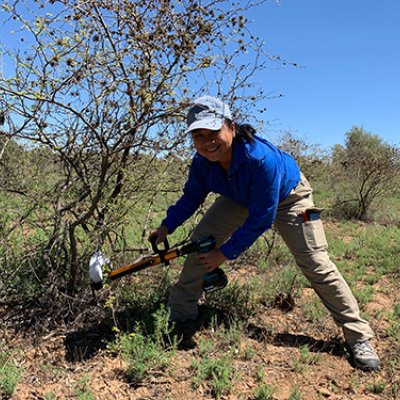
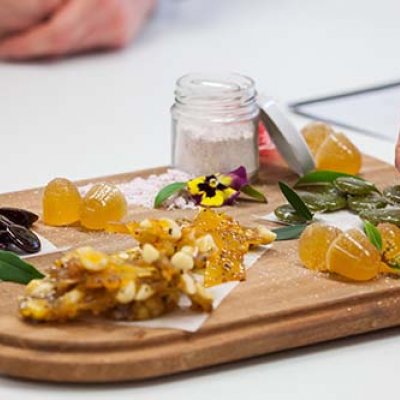
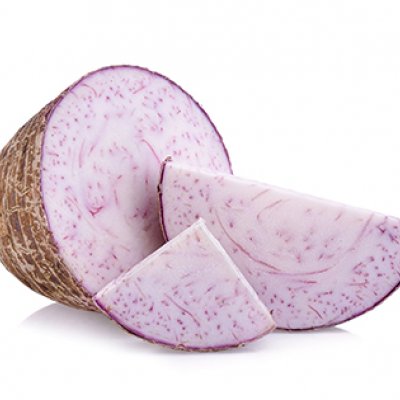
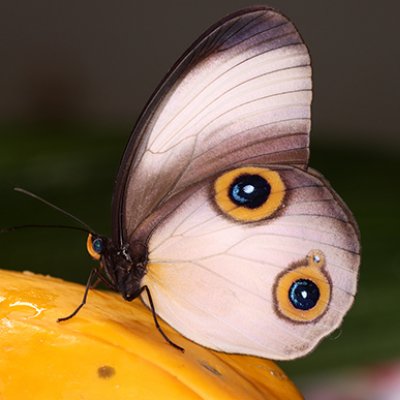

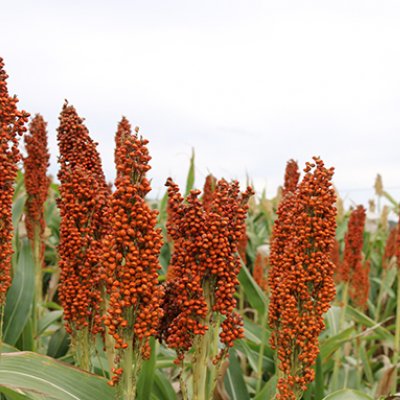
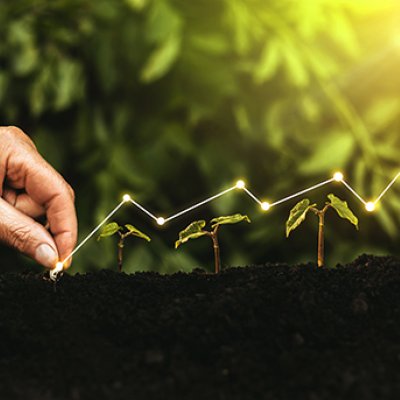
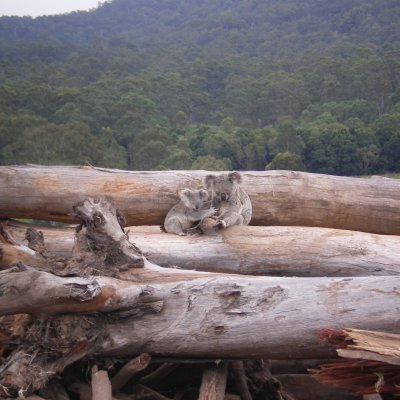
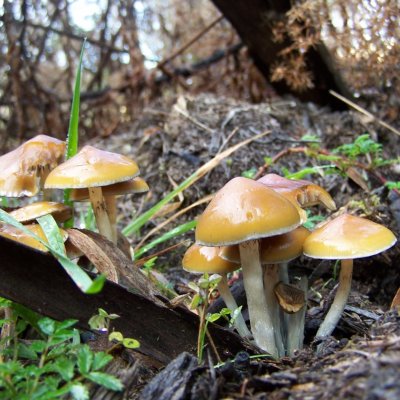
 Tobias Smith University of Queensland SMALL.jpg?itok=bALGPNoT)
